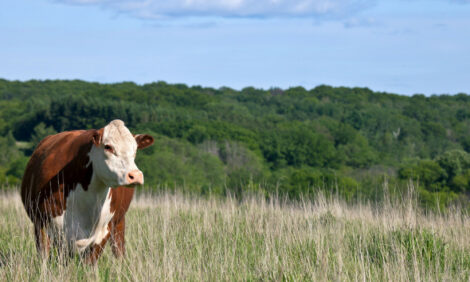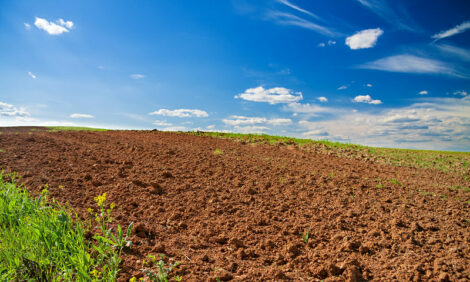



FAO to Help India Develop Agriculture, Food Security
INDIA - The Prime Minister of India, Narendra Modi, and FAO Director-General, José Graziano da Silva, have agreed on how to strengthen efforts to promote India’s food security and sustainable agricultural development during talks held in New Delhi.Tuesday’s meeting was Mr Modi’s first with the FAO Director-General since he took office as Prime Minister in May.
During the discussions, the Indian leader expressed his concern on the impact that international trade agreements could have on national efforts to fight hunger and defended the setting up of strategic food stocks. Prime Minister Modi urged FAO to defend the concerns of the poor and farmers in developing countries.
For his part, Graziano da Silva agreed that strategic stocks are important and that national governments must have the necessary tools to ensure that they are able to implement policies that contribute towards the eradication of hunger. “Food security comes first,” said the FAO Director-General, adding that trade policies “should be customised to guarantee it”.
He reiterated that eradicating hunger is imperative and national governments ought to have the flexibility to put in place suitable mechanisms to achieve this. The FAO Director-General also invited the Indian government to further discuss the issue at the Third Ministerial Meeting on Governance and International Commodity Markets, scheduled on 6 October in Rome.
School meals and family farming
Describing the FAO Director-General as “always a friend of India,” Prime Minister Modi said he was interested in learning more about the Zero Hunger Programme Graziano da Silva led in Brazil and that inspired the Zero Hunger Challenge launched by the UN Secretary-General.
Mr Graziano da Silva explained how the Zero Hunger programme helped millions of Brazilians overcome extreme poverty by promoting a comprehensive approach to food security, combining productive support to social protection.
In this context, the Indian Prime Minister and the FAO Director-General discussed ways to link family farming production to school meal programs by creating local food procurement programs.
Mr Graziano da Silva said that this experience was a success in Brazil and that, today, 30 per cent of the public food purchases for school meals are legally required to be made locally from family farmers. This ensures stable markets for farmers and at the same time ensures culturally acceptable, nutritious and fresh meals for school-going children. Several countries in Latin America and the Caribbean and Africa were adopting similar approaches, he added.
The importance of care-givers, especially women, in ensuring healthy nutrition of families was also discussed at the meeting. The FAO Director-General said that supporting care-givers in this role was important and noted that, together with school feeding programmes, they could help improve nutritional awareness and food habits in the home.
Mr Graziano da Silva invited Prime Minister Modi to send the Minister of Health and Family Welfare and the Minister of Agriculture of India to further discuss these issues at the Second International Conference on Nutrition (ICN2), that FAO and WHO will jointly convene in Rome from November 19-21.
Support to agriculture
The Prime Minister added that India looks forward to the active participation of FAO in addressing the emerging challenges in Indian agriculture. Reducing food loss and waste and improving food storage were some specific areas in which FAO support was discussed.
Mr Modi also expressed an interest in engaging young scientists, drawn from academic institutions in BRICS countries, on agriculture issues, Mr Graziano da Silva and the Prime Minister further discussed the potential for India’s expansion in aquaculture and other sectors.
Mr Graziano da Silva also invited Prime Minister Modi to visit FAO Headquarters to contribute directly with his ideas to important global fora.
TheCattleSite News Desk


